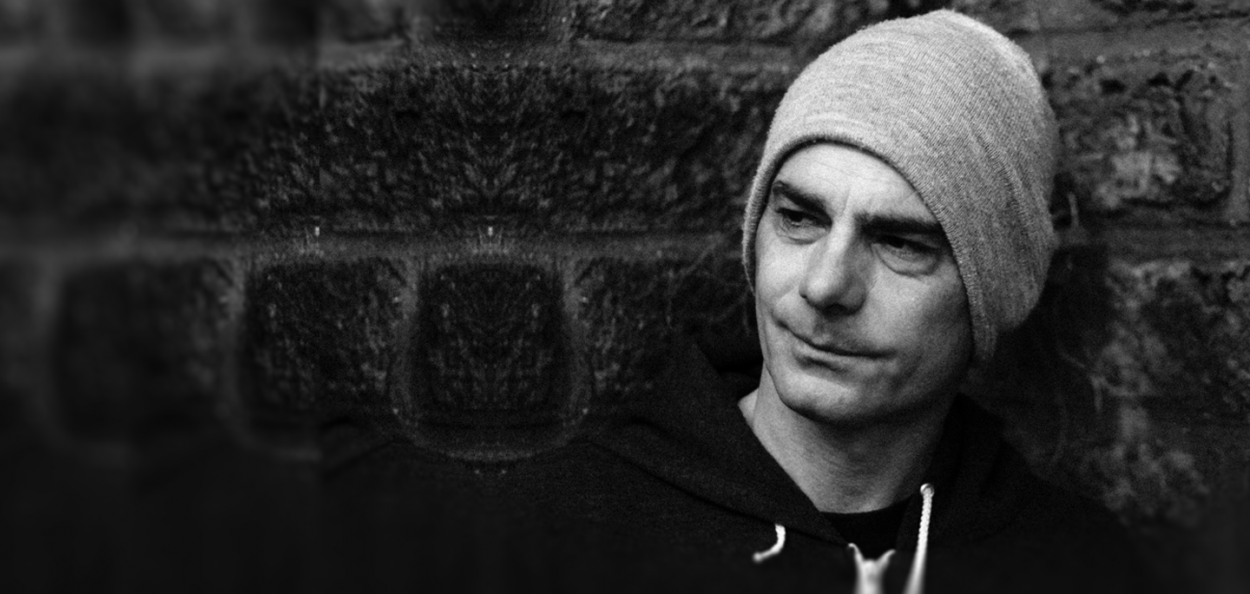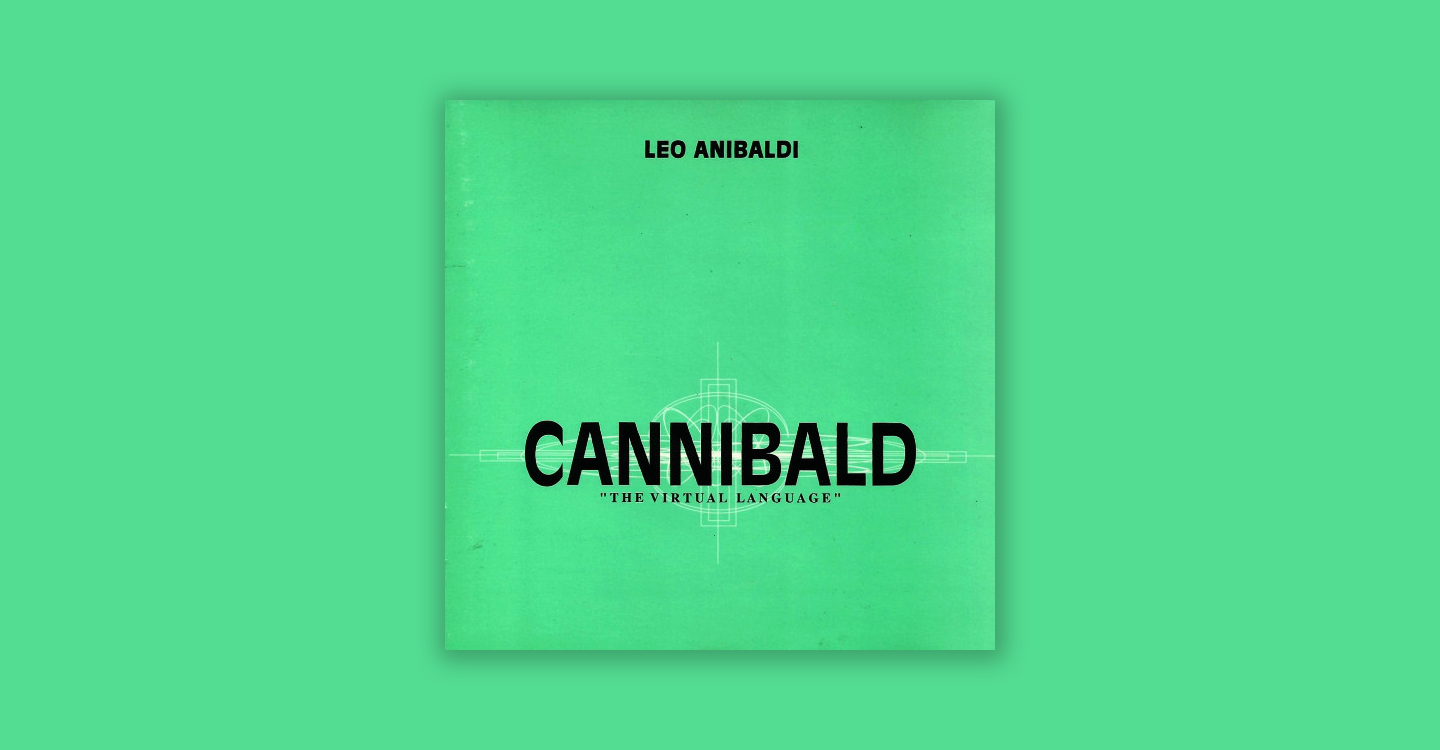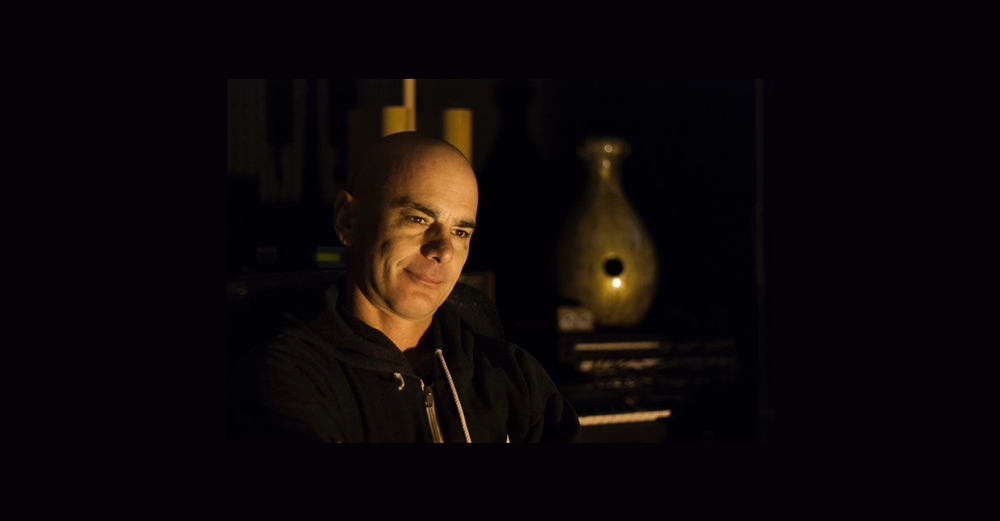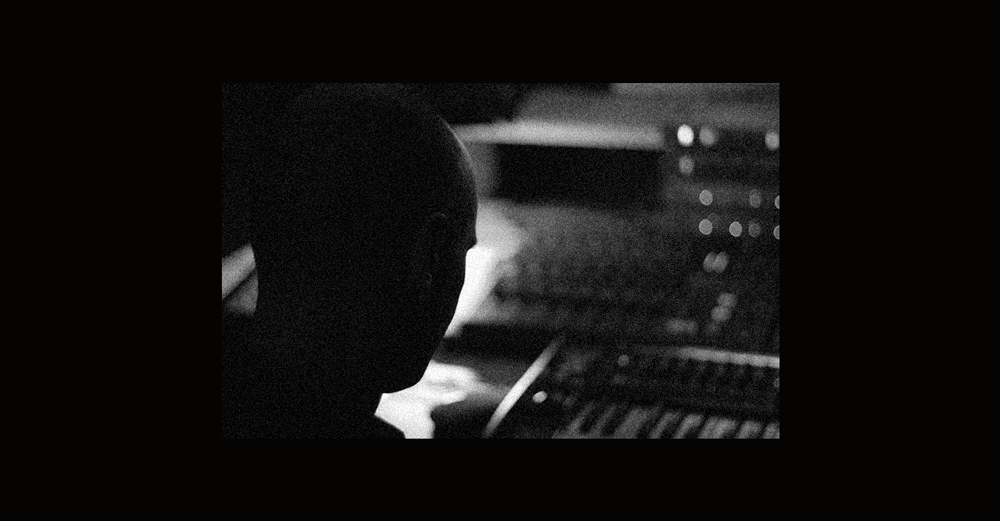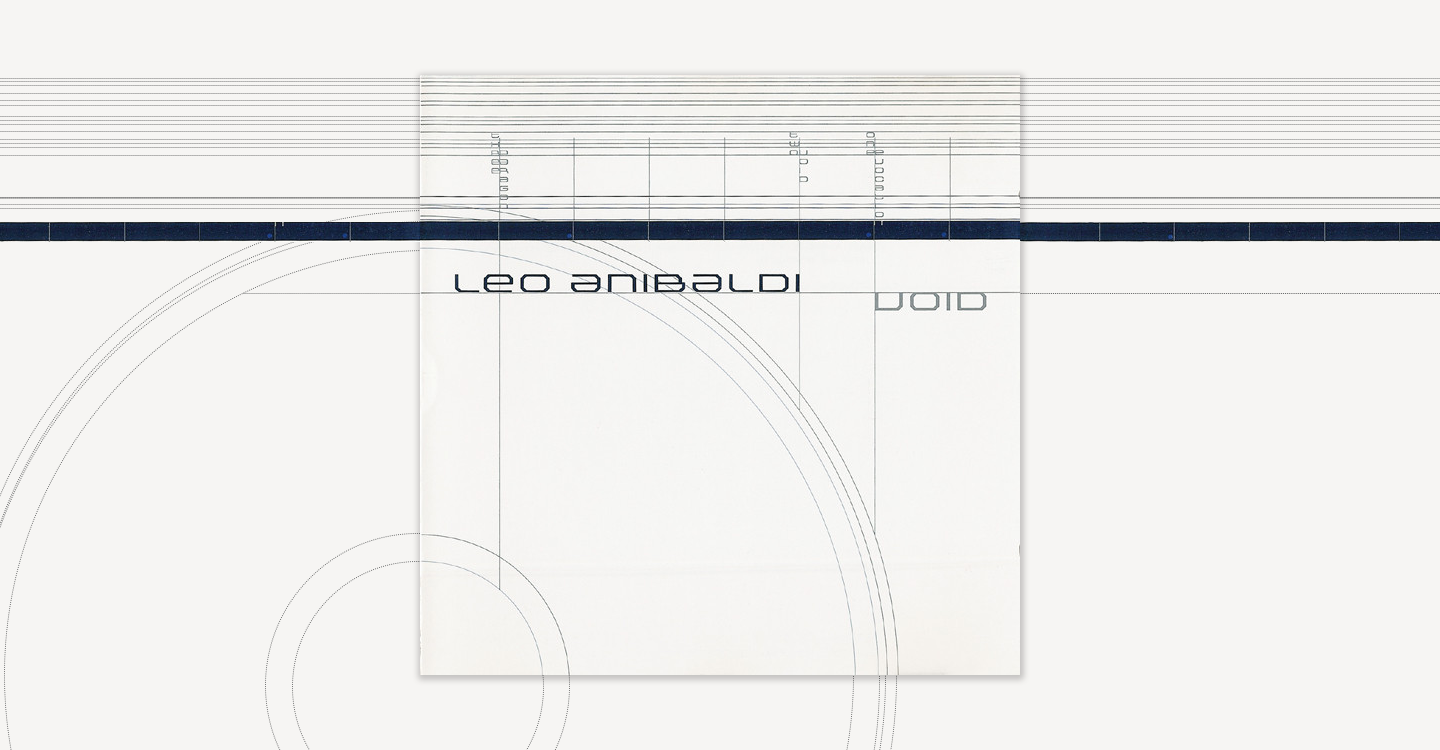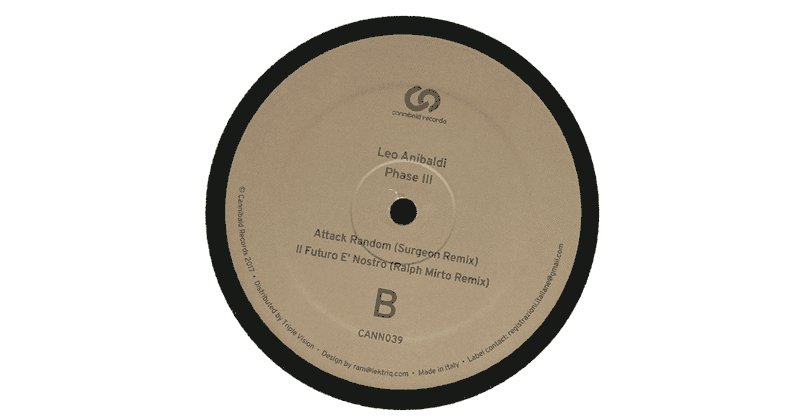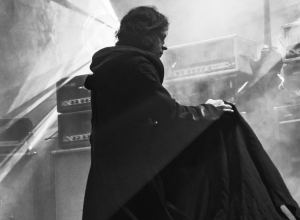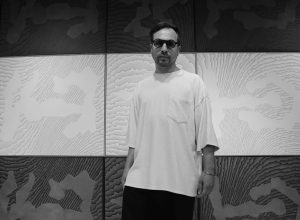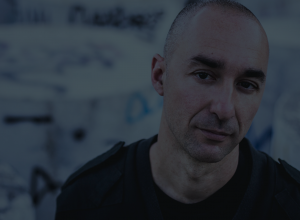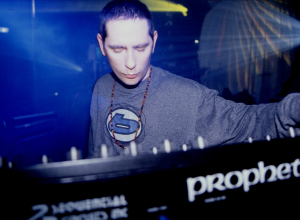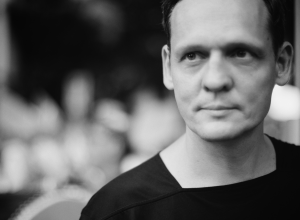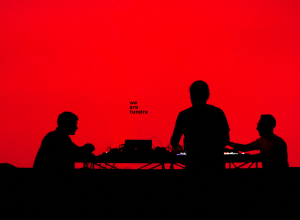While playing in different places and meeting people with whom he shared his passion for music, Leo Anibaldi started to develop his style, and in 1991 signed a contract with ACV label (Alternative Current)—one of the first experimental techno labels in Italy. In ACV, Anibaldi released two albums, his debut Cannibald – The Virtual Language (1992) and his last album on ACV, Muta (1993). Other pioneering productions published on ACV include EPs such as Italian House, Noise Generation, Aeon, and various other compilations and remixes.
Anibaldi’s meeting with Lory D, another ground-breaking Italian music producer and founder of Sounds Never Seen label, resulted in the development of the Sound of Rome, a music movement which spread the techno music in Italy. Both artists were searching for that particular “Roman” sound pattern, a vision that made them attend long sessions in the studio, alongside Andrea Benedetti and Eugenio Vatta, other prominent techno Italian artists. Locking himself for hours to produce music, experimenting, and visioning, are some of the factors that contributed to Anibaldi’s successful artistic journey.
Due to some disagreements in 1995, Leo excluded himself from ACV and moved to Rephlex, the label of Aphex Twin where he released his album Void in 1996. For years, Leo Anibaldi has performed in countless techno parties and events and has produced numerous releases. In 2008, Anibaldi formed his label Cannibald Records in which he releases his own and other artists’ productions, for instance, works of Emilio Carrara, Francesco Pierguidi, Luigi Acidmachine, Giorgio Gigli, and Orlando Voorn.
One of the most notable releases on Cannibald Records is Phase II EP of his variations published in 2016, where Marcus Henriksson created a new version of “Always From Reality” (1992), one of the tracks of Leo’s debut album, and Donato Dozzy created a new version of “Aeon Fusion 1” (1994). Phase III EP is another version of Anibaldi’s creations released in 2017, a vinyl-only EP of remixes built from his earlier tracks, in which takes from Surgeon, The Advent, Ralph Mirto, and Knobs take part. Recently, Anibaldi reissued his 1993 album Muta on the new Italian imprint, Lost In It.
Anibaldi’s productions and his contribution to form the basis for the development of the so-called Roman techno continue to fascinate generations of upcoming artists. His creations will remain as one of the most exquisite collections of early Roman techno music. Our team had the chance to interview Leo Anibaldi regarding his long and productive artistic career, including his views on the current techno scene and his influences.
